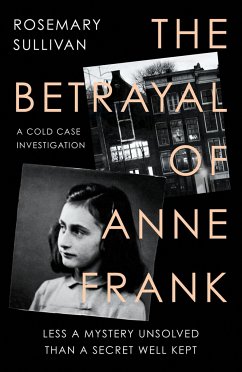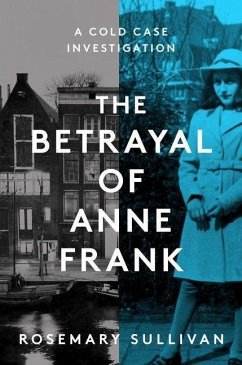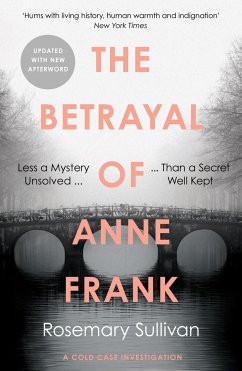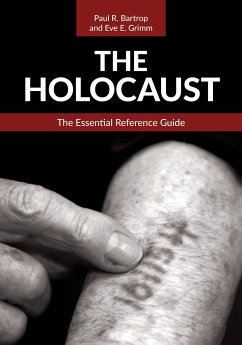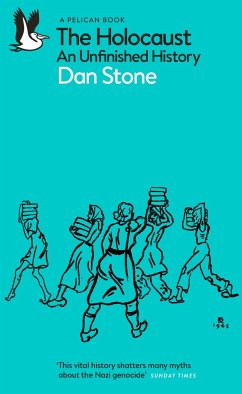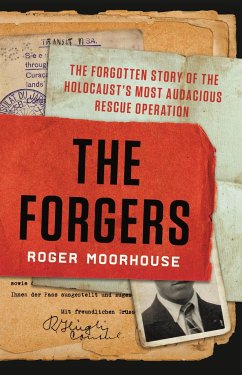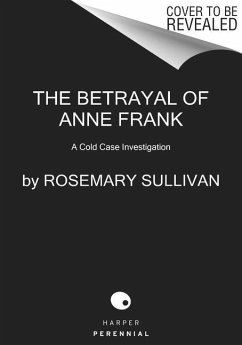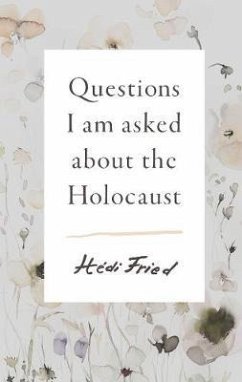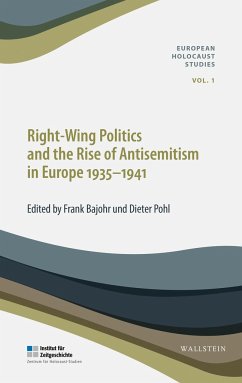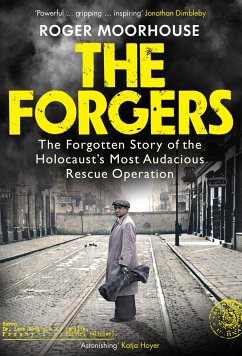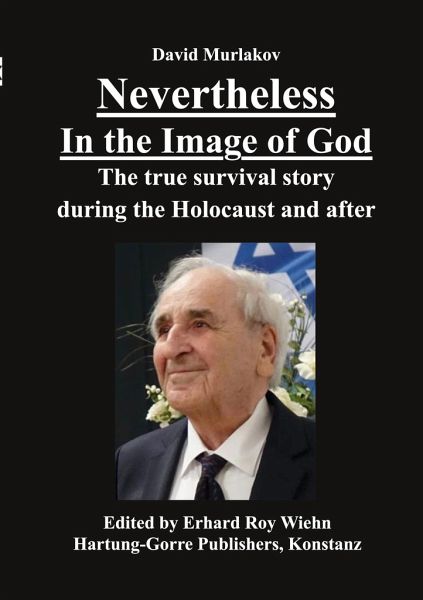
Nevertheless - In the Image of God
The true survival story during the Holocaust and after
Herausgeber: Wiehn, Erhard Roy
Versandkostenfrei!
Versandfertig in 1-2 Wochen
29,80 €
inkl. MwSt.

PAYBACK Punkte
0 °P sammeln!
The peaceful world in Borislaw, which was perceived as unlosable, suddenly came to an end when the Russians marched into eastern Poland with the Red Army and also into Borislaw: "The hard way" of the Soviet power had "imposed a very rigid way of life on the people; nothing went on without control and at the same time under the constant threat of massive punishment", in the worst case deportation to Siberia. "For us young people at the Borislaw grammar school, it was particularly difficult at first: all lessons were held only in Russian." ... Fortunately, David was still able to finish high sch...
The peaceful world in Borislaw, which was perceived as unlosable, suddenly came to an end when the Russians marched into eastern Poland with the Red Army and also into Borislaw: "The hard way" of the Soviet power had "imposed a very rigid way of life on the people; nothing went on without control and at the same time under the constant threat of massive punishment", in the worst case deportation to Siberia. "For us young people at the Borislaw grammar school, it was particularly difficult at first: all lessons were held only in Russian." ... Fortunately, David was still able to finish high school with the Abitur. With the beginning of the invasion of the Soviet Union by the German Wehrmacht on 22 June 1941, a new terrible time had begun. Now the so-called Reich Germans were ordered "home to the Reich", including their neighbours and Trudi, a particular pain for David. - What came next was beyond anything anyone could have imagined: "From the very beginning, Jews were murdered, deported and made to live in hell in the worst possible way. ... "In our city the dosed terror was carried out as follows: First the Jewish citizens were forced to wear white armbands with a painted or embroidered Star of David (original name of the Nazis: 'Judenstern'): Then all those who lived on main streets were driven into small alleys, where they were quartered with other families in miserable and often much too narrow flats." Then all valuables had to be handed over. Men were put to work building hard roads and bridges. ...





